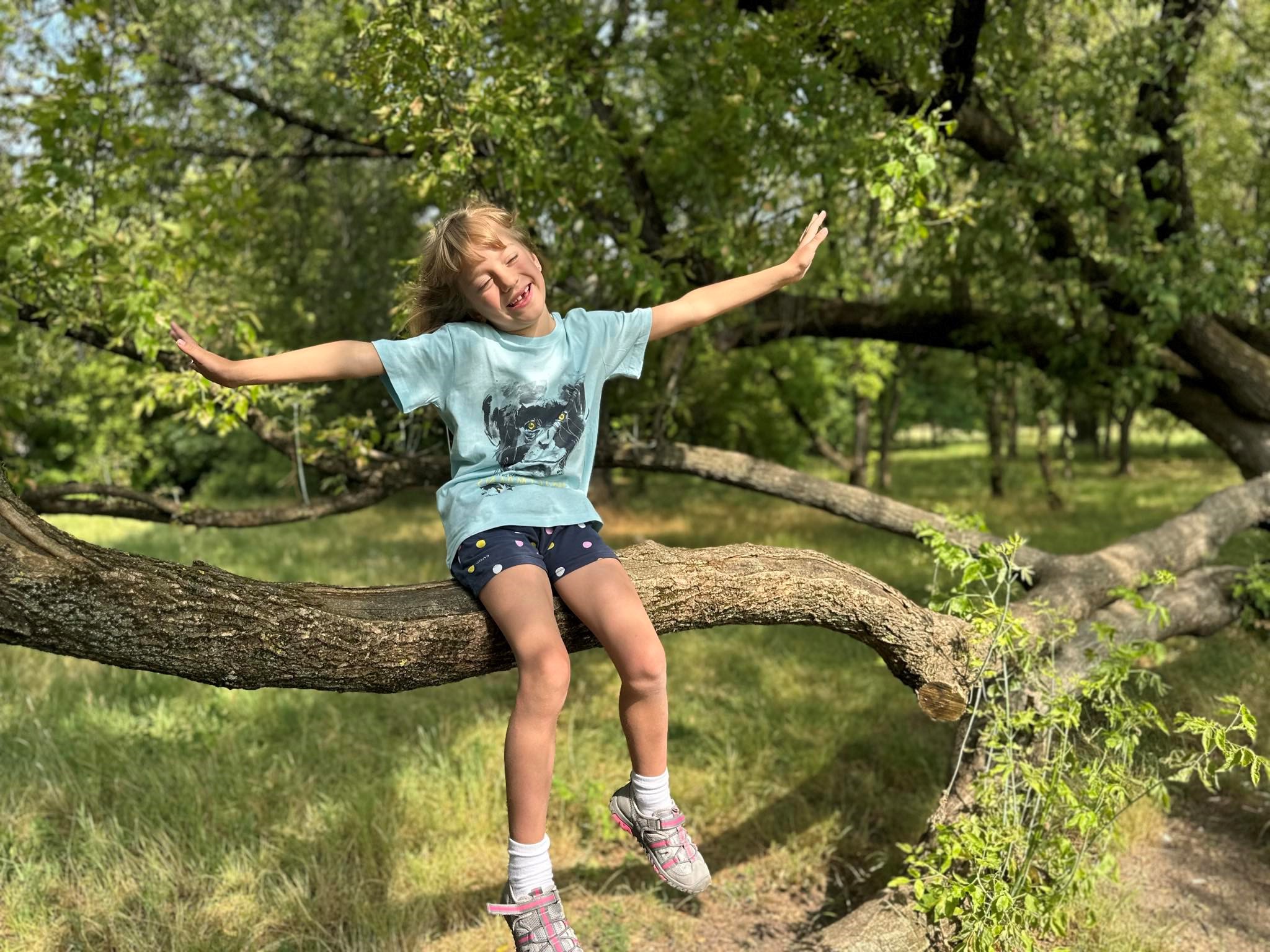
Today, children entering primary school often read, write, know foreign phrases, and even program. In our desire for the best possible start for our children, we sometimes overreach in our ambitions. We then engage children in an unhealthy pursuit, forgetting what's most important – closeness, good relationships, contact with nature, and exercise! We also overlook or downplay several crucial skills for preschoolers. So how can we properly prepare a child before starting school? What skills should be honed in preschool to ensure an optimal start?
Teachers are sounding the alarm – more and more children entering first grade can read, write, add, and subtract, but can't perform even the simplest self-care tasks. They possess vast knowledge about space and dinosaurs, yet they fall while sitting in a chair. They can be quite clumsy and trip over their own feet. They know all the characters in popular cartoons, yet they've never made their own sandwich. Meanwhile, children develop primarily through movement. Scientific research confirms that for proper mental and intellectual development, including good school performance, children must be provided with appropriate physical activity and the opportunity to experience their surroundings with all their senses. Movement, freedom, and activities that stimulate balance are the foundation of development. And we're not talking about fancy sports, but simple, spontaneous activity and play – preferably outdoors, of course – which shouldn't be restricted. So what skills are truly important for preschoolers, yet unfortunately, are often downplayed by adults or hastily overlooked? What should a child hone before starting school?What a ride! - How cycling can impact your school performance
Cycling is one of the most important motor skills and one of the greatest challenges every child faces. It's an excellent exercise in balance, coordination, and alternating movements. And it's precisely through practicing alternating movements that numerous connections develop in a child's brain between the right and left hemispheres, which is essential, even crucial, for proper and harmonious development. Cycling also has a direct impact on achieving good results in school. A child who can coordinate several skills necessary for cycling—such as balance, pedaling, holding the handlebars, and avoiding obstacles—will find it much easier to coordinate activities necessary during lessons, such as simultaneously sitting correctly at a desk, listening to instructions, and writing. It's worth encouraging children to cycle from an early age. It's best to start learning with a balance bike. After such training (around the age of two), a child will often move straight to a two-wheeled bike without any major problems, without the need for additional side supports.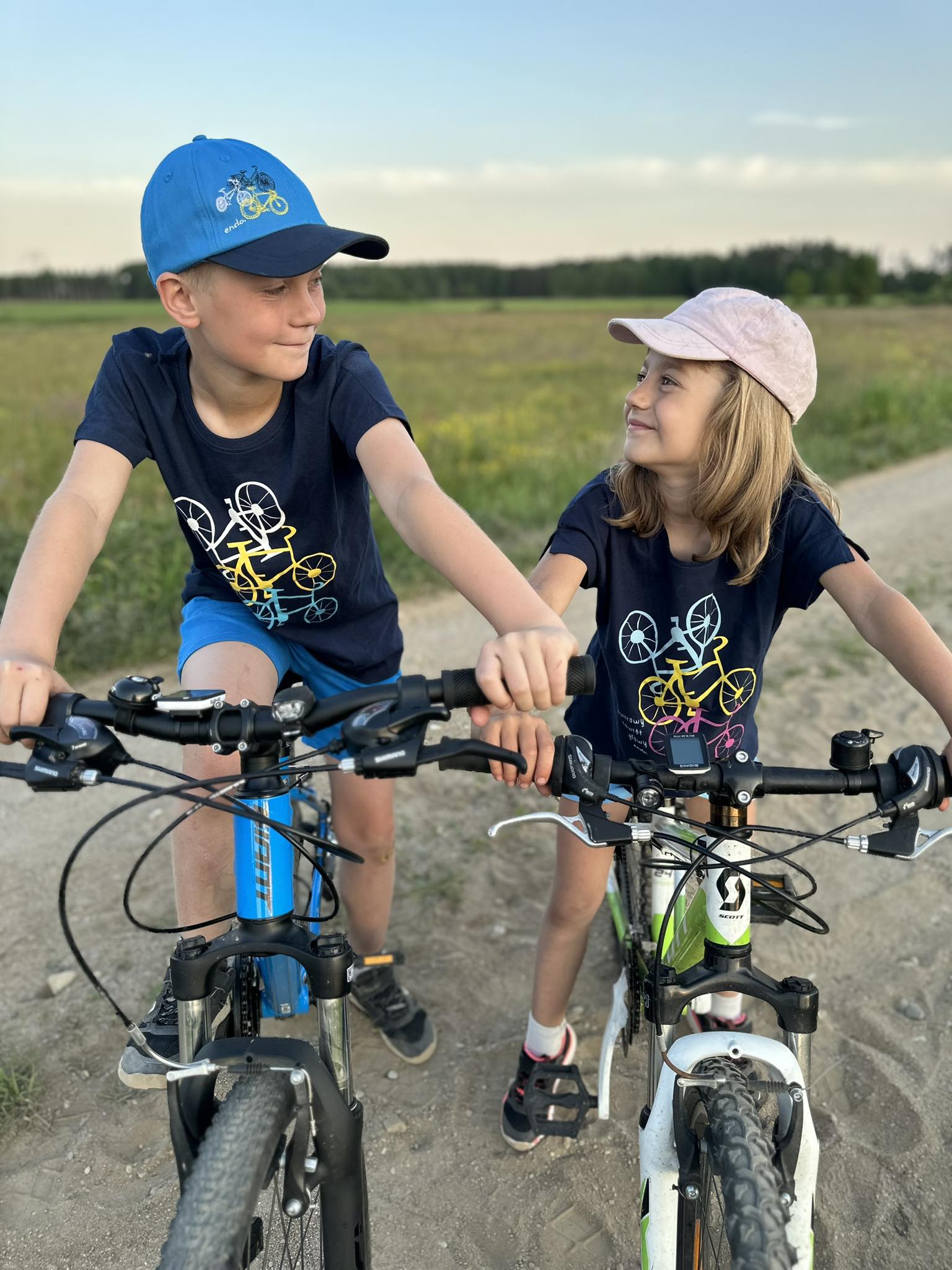
Let's solve this problem, shoelaces!
Currently, a huge number of children have manual dexterity problems, meaning reduced motor skills in their hands. How does this manifest itself? Not only in incorrect gripping of writing implements, but also in difficulty with basic self-care tasks like fastening buttons, zippers, or tying shoelaces. We often don't practice tying shoes with our children due to lack of time and the constant rush. After all, it's much faster and much easier to put on shoes with Velcro. Choosing "easy-to-use" shoes is also a common request coming straight from preschool – it makes it much easier to get a group of 25 to the playground. Sometimes, even fourth-graders still struggle with shoelaces. However, a child heading off to school should already have mastered all of these skills. This will make writing and other manual skills easier. Of course, learning to tie shoes should be preceded by solid manual dexterity training in preschool, including numerous activities and games that will strengthen hand muscles and improve finger dexterity and precision. These include: gluing, kneading, tearing, cutting, slicing, threading, etc.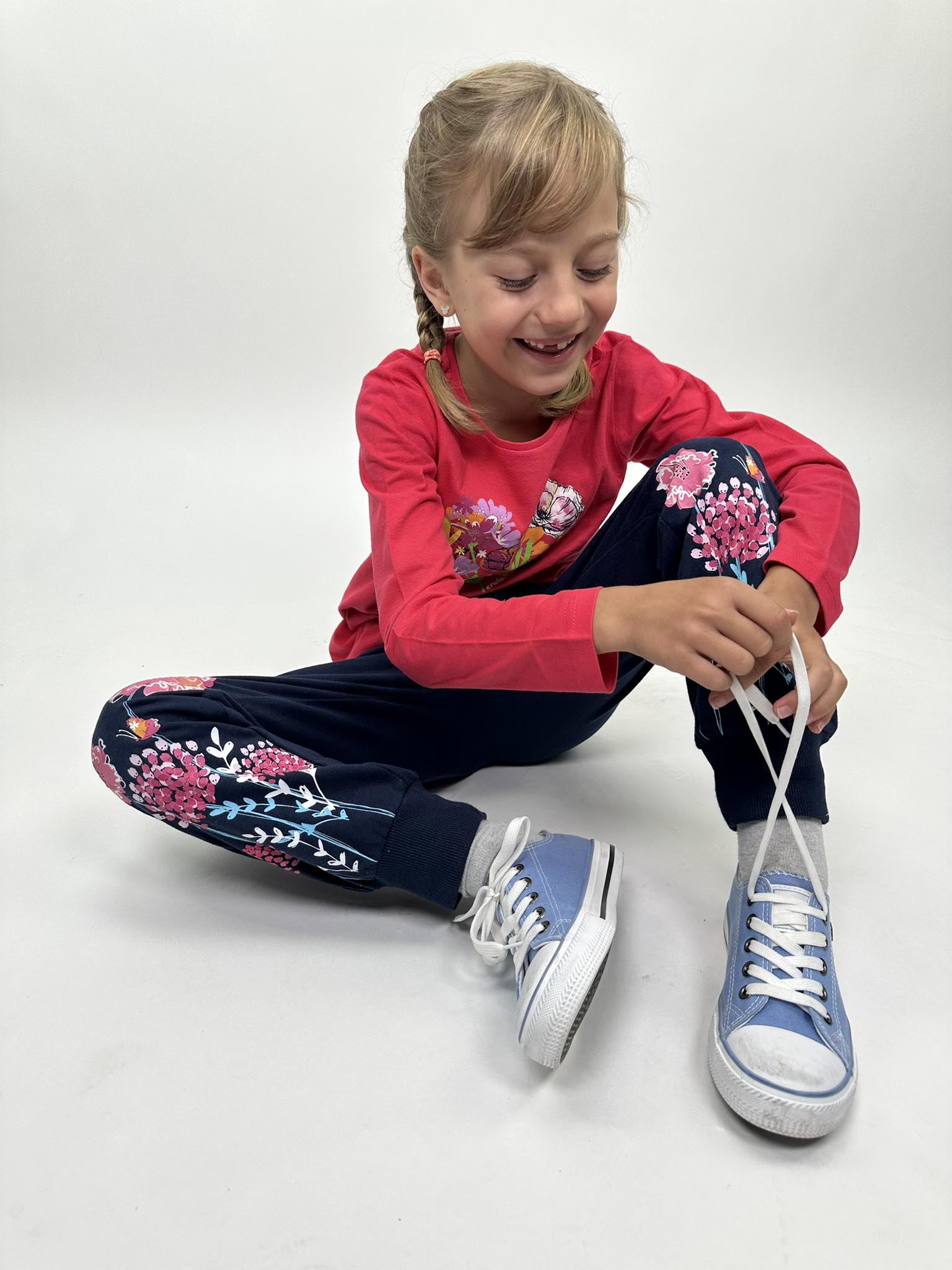
Who cares about clean clothes?
All children love playing in puddles and splashing in the mud, but do adults allow them to do so? Unfortunately, they increasingly lack this readiness, which is, of course, a mistake. Children's development should be based on a variety of stimuli, and mud play is an ideal opportunity for natural and free sensory experiences. It stimulates the sense of touch, making it easier for children to glue, paint, and draw later, and also helps them fit in better with their peers. Touch also influences a good sense of one's own body and a sense of security. Recent research suggests that playing with mud, sand, and general contact with nature have other positive benefits. Children who have frequent contact with soil-dwelling microbes are less likely to suffer from asthma and allergies (R. Knight; B. Buhler, Na tropie mikrobiomu . A Report , Warsaw 2018). Yes, so mud not only provides excellent sensory stimulation, which benefits brain development, but it can also reduce the risk of immune system diseases. And if we add mud doughnuts to the mix, we have a great fine motor skill exercise that will help children learn to write in the future. Therefore, it's worth encouraging children to engage in all kinds of messy play.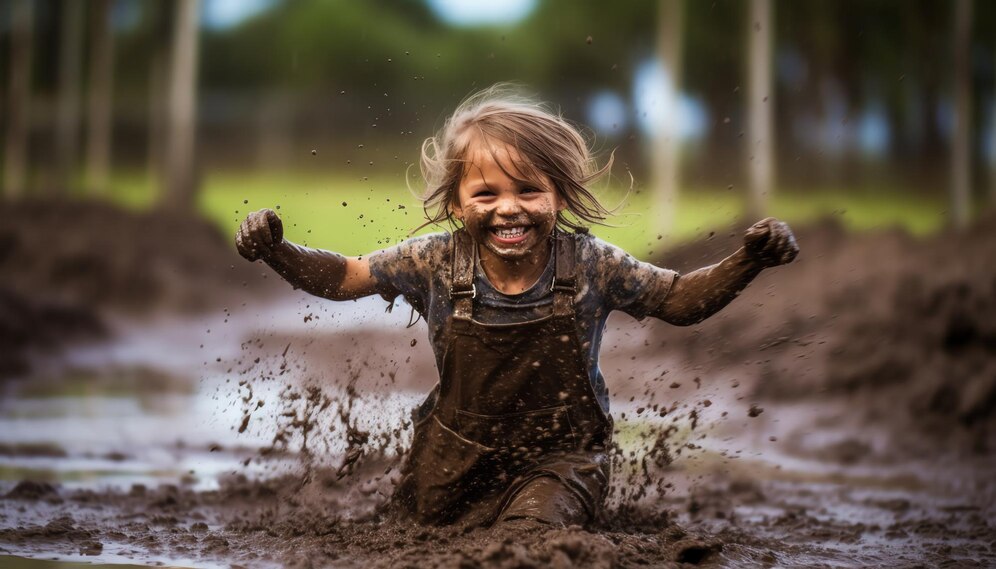
I Whistle at Everything - Important Preschooler Skills
A child starting school should be able to express their needs, and their speech should be understandable to those around them. If a child has a speech impediment or a very limited vocabulary, this will impact not only reading and writing but also peer relationships. Developing social skills is a crucial element of a young person's life. One of the important skills for preschoolers, included among basic speech therapy exercises and games, is blowing and whistling. Every preschooler should learn to blow a whistle, blow soap bubbles, and whistle independently – even very quietly.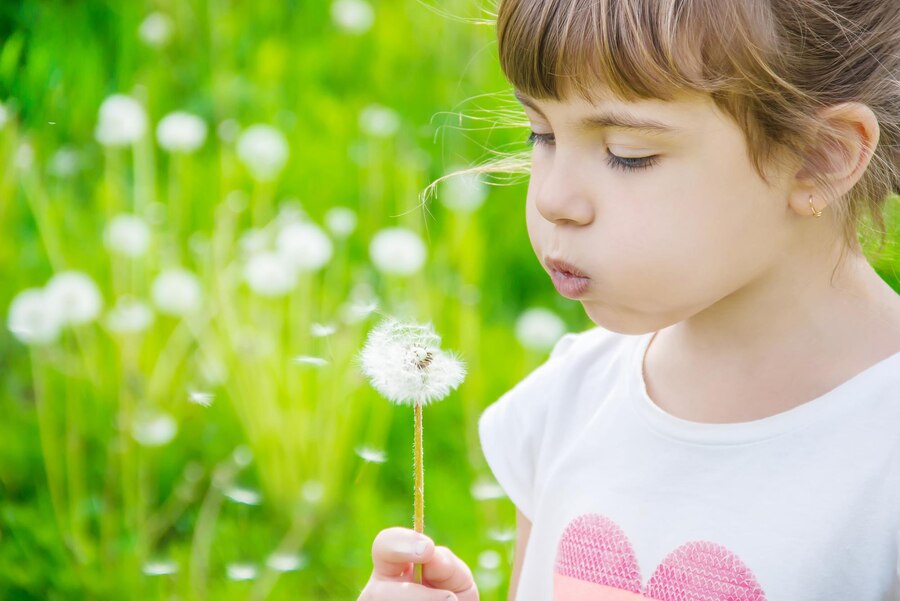
Climbing trees
Tree climbing is another activity on a child's "To Do" list. Children are often exposed to inventive structures on playgrounds, but do they have the opportunity to climb trees in the forest? Climbing is a brilliant exercise in motor coordination and balance, as well as an ideal opportunity to develop body awareness, attention, and concentration. By choosing their own climbing route and method, children learn to make decisions, solve problems, and assess risks. Just as during unsupervised play, they discover their preferences and learn to control their fears. A trip to the forest or park is a great opportunity to calm down, relax, and reduce tension. Furthermore, close contact with nature provides additional benefits in the form of natural stimuli, such as the texture of trees, colors, and the rustle of leaves. This teaches children to isolate other stimuli in the background and focus their attention in a specific direction. This is an important skill, in fact, essential for learning at school. Scientific research confirms that children who have the opportunity to climb trees develop working and spatial memory, which translates into better academic results. Additionally, pulling up on branches strengthens the entire body, especially the shoulder girdle, which translates into a proper position when sitting at a school desk and a correct grip of a pen.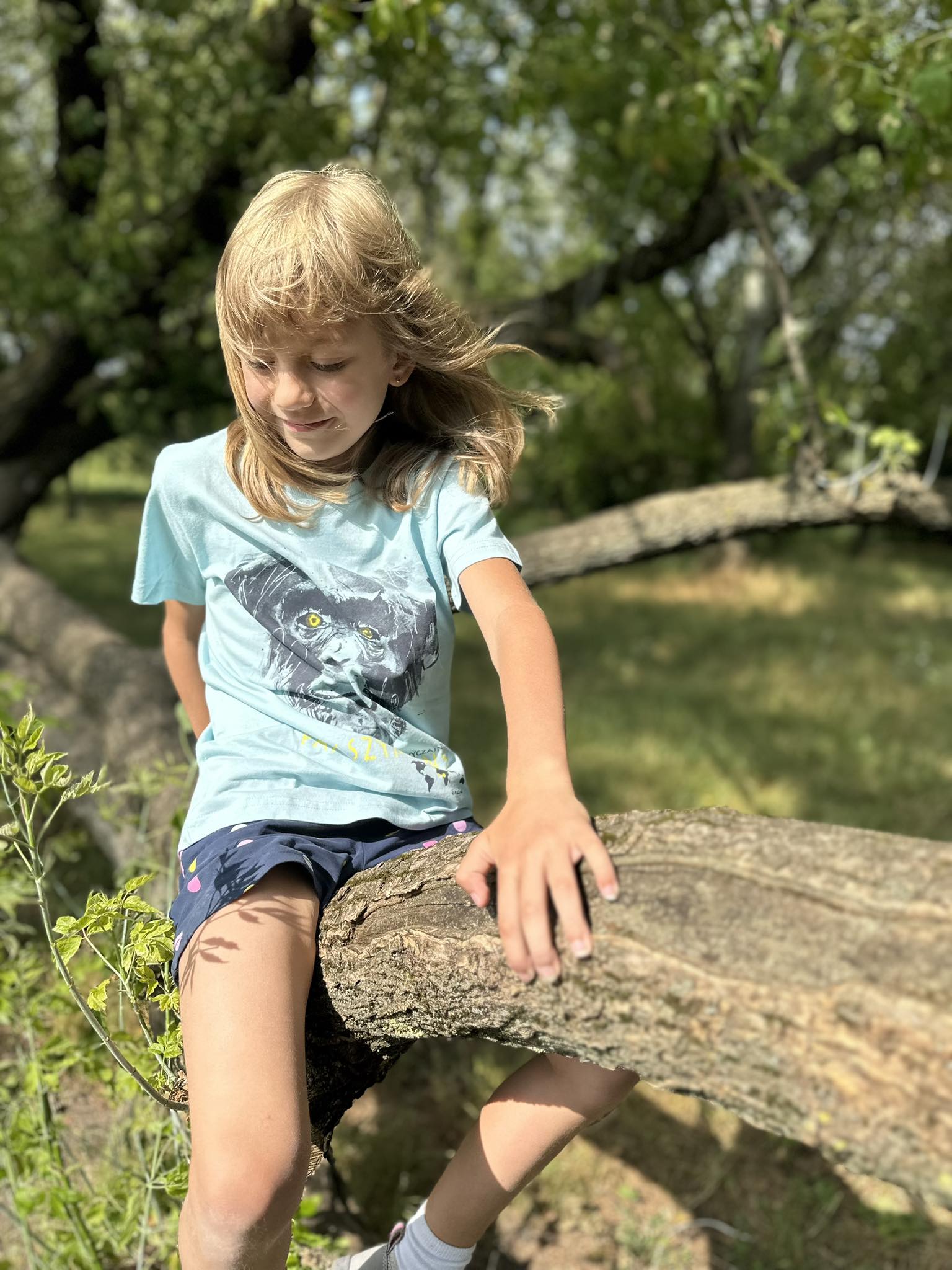
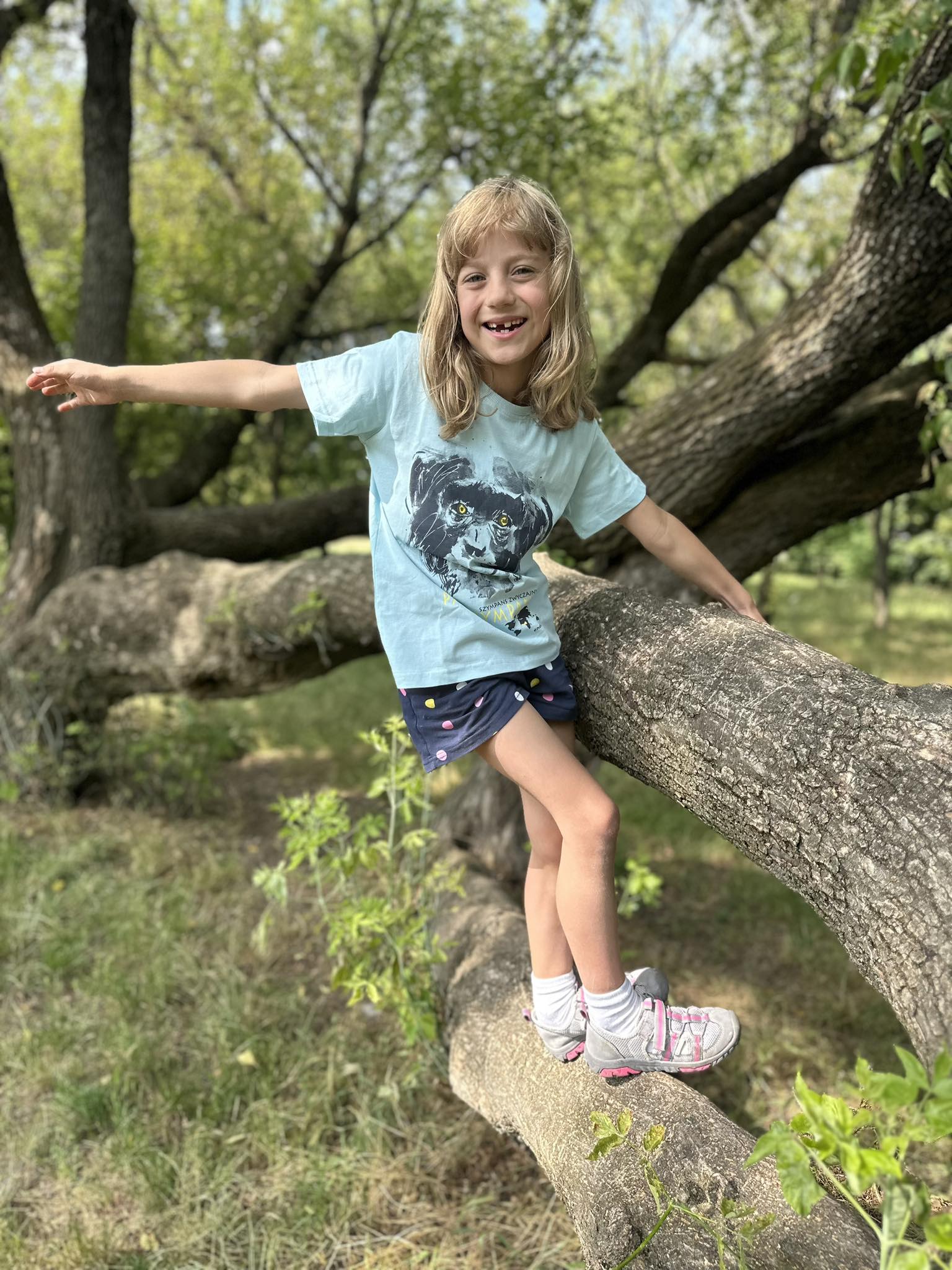
Therefore, it's not the alphabet, multiplication tables, or foreign phrases that are most important. First and foremost, let's prioritize a good relationship, close contact, and quality time with our child. These are the foundation for their proper development. Let's dedicate time to teaching our children self-care and independence. Let's encourage our little ones to new challenges, support them, and create conditions for their free physical development, which closely correlates with their mental development.


Podziel się:
How to dress a girl to support her physical development - Outfits for PE, sports activities and outdoor trips
How to arrange a student's room?